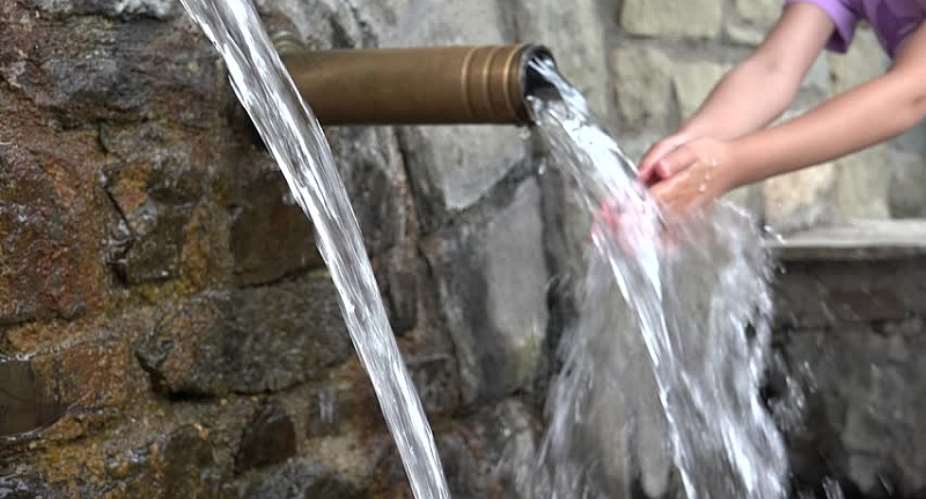Brazzaville, 26 March 2020 – The African region is witnessing a rapid rise in the number of reported confirmed COVID-19 cases, with a 25% daily increase over the past five days.
Today, 39 countries reported a total of 216 cases in the past 24 hours, this a significant increase from a month ago, when one country in the region was reporting a handful of cases. Since the start of the outbreak, 39 countries have reported more than 1 800 cases of COVID-19, and there have been 31 deaths.
As the world races to stem the spread of the virus, the World Health Organization (WHO) in the African Region is calling on countries to implement critical actions in the next two weeks while there is still time to prevent the outbreak in the region from overwhelming health services. “It has been a very dramatic evolution.
...It is most important that countries still work very hard on containing the spread of COVID-19, while preparing for a broader expansion of the virus” said Dr Matshidiso Moeti, WHO Regional Director for Africa. “Every arm of every government must work together to stop this virus from wreaking havoc in Africa. Countries must use this two-week window of opportunity to scale-up their actions before it is too late.”
This map illustrates confirmed cases of COVID-19 in Africa as of 17:00pm on 26 March, 2020, West Africa Standard Time.
Algeria's main lab anchors COVID-19 response
Algiers, 26 March 2020 – When a sample sent to the referral laboratory in the capital Algiers gave a positive result, the Ministry of Health announced Algeria's first COVID-19 case on 26 February, becoming the second African country to confirm the virus. Since then, dozens of people have caught the infection. Unlike years past, it now takes just two hours to analyse such specimen. In addition to speed, the laboratory is also striving to ensure testing integrity – an important cog in the efforts to halt the spread of COVID-19.
Sample collection, transportation and analysis are critical steps in detecting the virus. To be effective, the collection of laboratory samples must be done in accordance with strict rules. The diagnostic test consists of a swab -- a long stick with a piece of cotton or gauze at the end -- taken from the throat and nose of the suspect case.
"When suspect cases are sent to referral hospitals and placed in isolation, the samples are sent to our laboratory to confirm if they have COVID-19. Once the sample arrives at the lab, it is logged and placed in a microbiological security station for analysis,” says Dr Fawzi Derrar, the acting director of the Institut Pasteur d'Alger (IPA).





 Ejisu by-election: Aduomi warns NPP against voter intimidation
Ejisu by-election: Aduomi warns NPP against voter intimidation
 High Court orders implicated four NDA officials to present defence
High Court orders implicated four NDA officials to present defence
 Let’s all be matured, patriotic to have a peaceful election this year – Dampare ...
Let’s all be matured, patriotic to have a peaceful election this year – Dampare ...
 Mahama's administration saw thievery that knew no bounds; stole from market wome...
Mahama's administration saw thievery that knew no bounds; stole from market wome...
 GRA/SML deal: Always read the stories behind the headlines or you'd look stupid ...
GRA/SML deal: Always read the stories behind the headlines or you'd look stupid ...
 GRA/SML Contract: It takes some 'wild' boldness for a president to make this dec...
GRA/SML Contract: It takes some 'wild' boldness for a president to make this dec...
 Elisu By-election: "If you call yourself a man, boo Chairman Wontumi again" — Bo...
Elisu By-election: "If you call yourself a man, boo Chairman Wontumi again" — Bo...
 Fuel tanker driver escapes with his life after tanker goes up in flames near Suh...
Fuel tanker driver escapes with his life after tanker goes up in flames near Suh...
 Uniform change: ‘Blue and white are brighter colours’ — Kwasi Kwarteng explains ...
Uniform change: ‘Blue and white are brighter colours’ — Kwasi Kwarteng explains ...
 MoE not changing all public basic school uniforms but only newly built ones — Kw...
MoE not changing all public basic school uniforms but only newly built ones — Kw...
